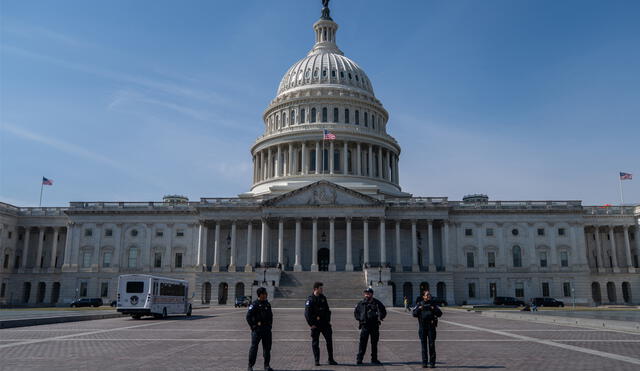Congressmen want more security meassures after Minnesota lawmaker attack
Members of Congress will receive security briefings this week following the murder of a Minnesota lawmaker and her husband

Security briefings will be received by Members of Congress this week, after the murder of a Minnesota state lawmaker and her husband and the attack on another state lawmaker and his wife on Saturday. Minnesota Gov. Tim Walz held a press conference about the coordinated attacks.
The session will take place on Tuesday, and the Senate Sergeant at Arms and the U.S. Capitol Police will be directing it. Schumer also requested an immediate increase in security for senators. He also referred to the shootings, saying that they are "more than a regional tragedy." The request was supported by Senate Majority Leader John Tune and Minority Leader Chuck Schumer for each party.
A briefing meeting for each party
According to ABC News, the House Republicans held a conference call on Saturday with the Sergeant at Arms and the Capitol Police. They were asking for total security measures, such as an officer outside their homes. However, the law enforcement agents responded that there is not enough funding from Congress to provide that.
House Democrats will have a similar call later in the week. Members of the House and Senate leadership are assigned a security detail, but regular members typically receive protection only if a specific threat is identified. Rep. Jared Moskowitz said that he was going to discuss security in the House.

https://coloradonewsline.com/2025/06/14/minnesota-house-democratic-leader-dead-after-targeted-shooting/
What happened with the attacks in Minnesota?
Last weekend, former Minnesota House Speaker Melissa Hartman and her husband, Mark, were shot and killed at their home. Later, the same shooter attacked Minnesota State Senator John Hoffman and his wife Ivette, but they were not mortally injured. The two representatives were Democrats.
Thomas Manger, former chief of the U.S. Capitol Police, told CBS News that the threats facing members of Congress have been increasing over the past years. In 2024, over 9,400 concerning and direct threats against members of Congress were registered. That is more than double the number in 2017, when under 4,000 cases were evaluated.













